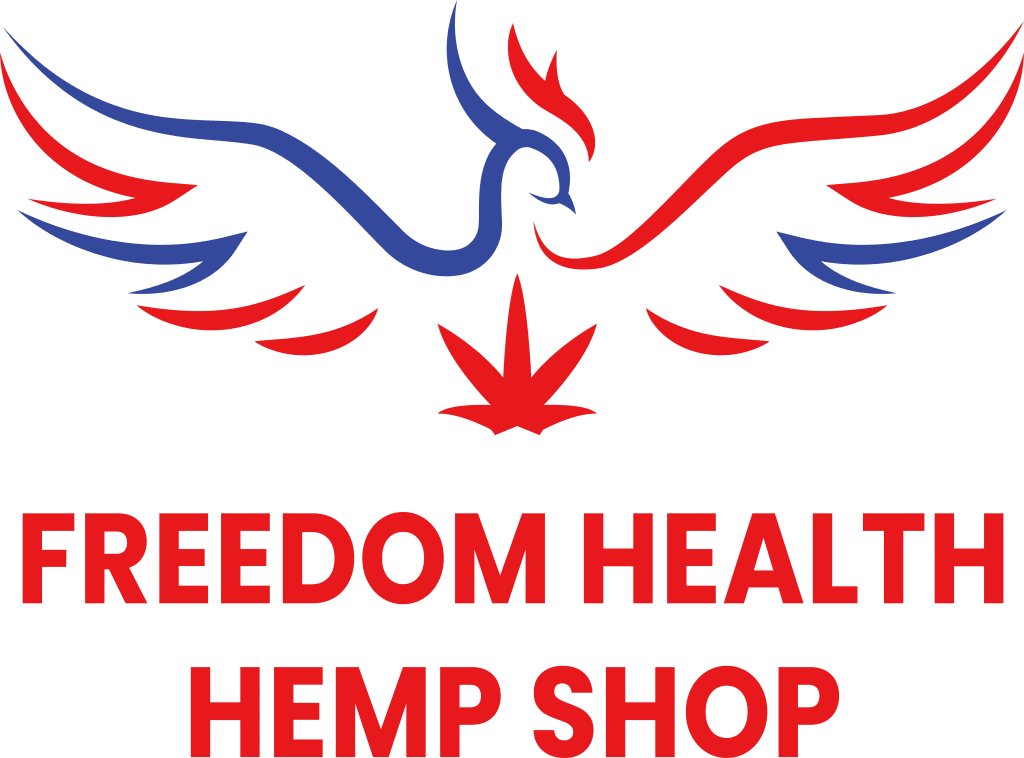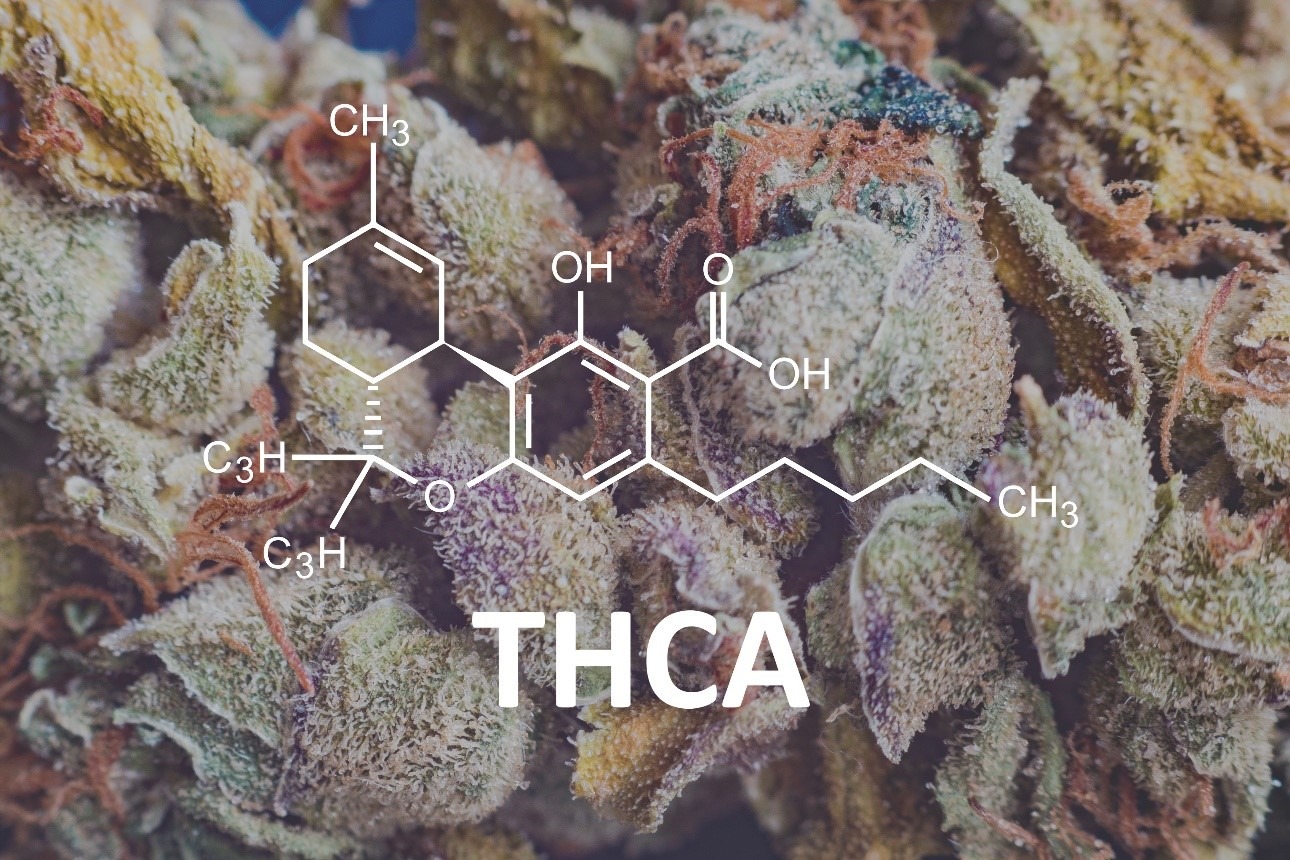THCa vs. THC — What You Need to Know About the Differences
If you are new to the world of cannabis, you might be wondering whether you should try products with THCa vs THC. Chances are, you probably do not know much about either of the products or believe the two are the same with a slight variation in spelling.
However, keep in mind that the difference of a single letter means a world of difference between the properties of THCa and THC. Let’s read on to understand THCA and THC, how they differ from each other, and how they can benefit you.
THCa vs. THC: What’s the Difference?
THC (Delta-9-Tetrahydrocannabinol) is the main psychoactive compound in cannabis, associated with the characteristic “high” feeling once it is consumed. It is formed when Tetrahydrocannabinolic Acid (THCa), the non-psychoactive precursor, undergoes decarboxylation, a process activated by heat or light. Chemically, THC contains a cyclic ring with a pentyl side chain.
In contrast, THCA lacks the hydrogen atom found in THC, primarily existing in the form of carboxylic acid. It is this single distinction that creates a big difference in the properties and effects of THCA and THC.
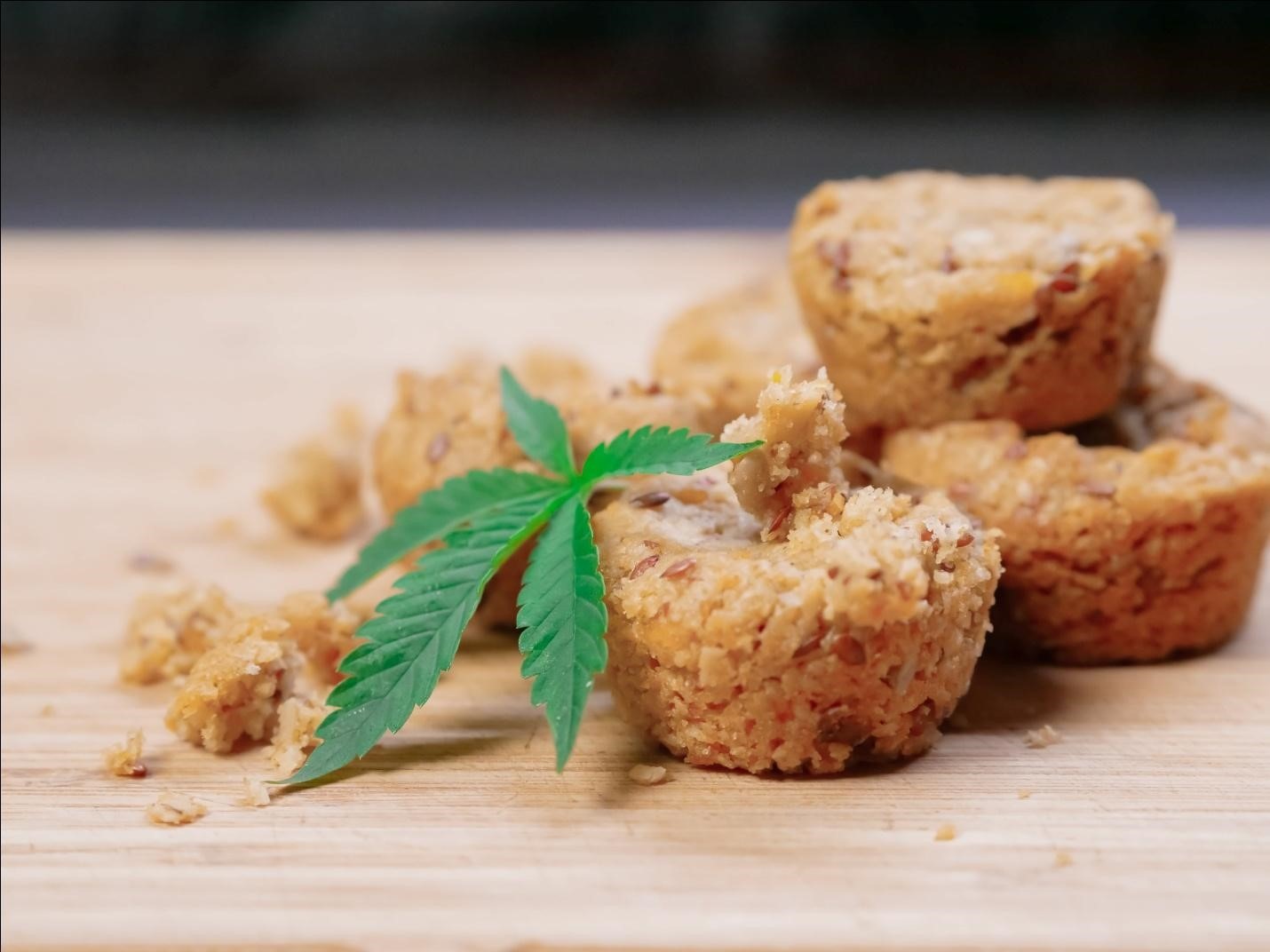
THCa vs. THC: Production and Activation
THC is typically produced through the decarboxylation of THCa, which occurs through processes like smoking, vaping, or heating during cooking. This activation process involves the removal of the carboxyl group (COOH) from THCa, converting it into THC.
THCA, on the other hand, is abundantly present in fresh, raw cannabis plants, often in higher quantities than THC. It requires decarboxylation to become psychoactive THC, a process that happens through heat application or aging.
THCa vs. THC: Benefits
Let’s take a look at the potential benefits, properties, and effects of THC and THCa:
THC
Recreationally, THC is highly valued for its ability to induce euphoria, relaxation, and an altered state of perception. The psychoactive effects of THC often lead to a sense of euphoria or a “high,” which can result in various therapeutic benefits for the users:
- It contributes to feelings of happiness and relaxation.
- It can enhance sensory experiences, making activities like listening to music or engaging in creative endeavors more enjoyable for many users.
- Additionally, THC is frequently used socially to unwind, alleviate stress, and enhance various recreational activities, providing a sense of relaxation and increased sociability.
- THC’s capacity to alter perception and heighten creativity is often sought after by artists, writers, and individuals in creative fields who believe it can help them think more imaginatively or access different perspectives, potentially aiding in the creative process.
THCA
While THCA doesn’t produce the psychoactive effects associated with THC if it doesn’t go through decarboxylation, it still offers a plethora of benefits for users:
- Some individuals seek out raw cannabis or its juices to benefit from its non-psychoactive properties.
- THCa may offer a wellness supplement for certain individuals due to its potential anti-inflammatory, antiemetic, and neuroprotective properties without inducing a high.
- Consuming raw cannabis or its juices containing THCa may provide these potential health benefits without the psychoactive effects associated with THC, making it an appealing option for individuals seeking the therapeutic properties of cannabinoids without experiencing a “high.”
Research is ongoing to fully understand and validate the benefits provided by both THC and THCa.
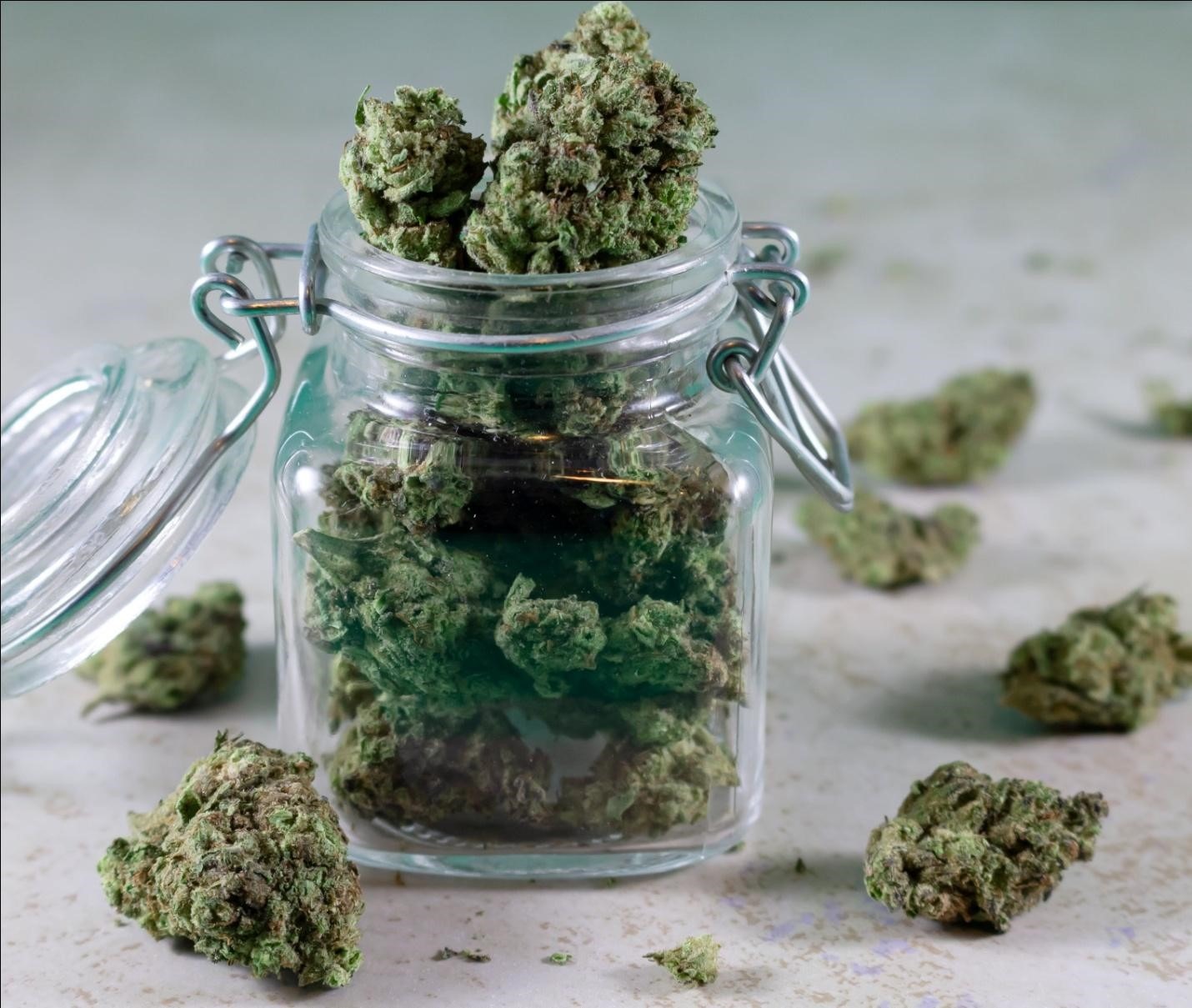
How Can You Get THCa From Cannabis Products?
Obtaining THCA is possible solely through the consumption or ingestion of raw cannabis. It’s important to note that smoking, vaping, or heating raw cannabis should be avoided if you want the benefits of THCa, as these methods convert THCa into psychoactive THC.
So, you must be asking yourself the question, “where can I find THCA near me? An alternative to incorporating raw marijuana into your diet involves seeking products that process cannabis without utilizing heat. Buying your THCa products from a responsible cannabis supplier, such as Freedom Health
Hemp Shop, can offer valuable recommendations and insights on suitable THCa-rich products and usage methods.
Another approach is to incorporate cannabis leaves, buds, or flowers in various ways: adding them to smoothies, juices, salads as greens or dressing, sauces, and using them as garnish in cooked meals. These methods preserve THCA’s non-psychoactive properties while adding variety to your consumption options.
Where Can You Get THCA and THC Products?
Tennessee follows low-THC laws, which means it is legal to purchase and use hemp products that have less than 0.3% concentration of Delta-9 THC. At Freedom Health CDB, we offer you a range of products that contain less than 0.3% THC, including our highly popular Kruz Blueberry Kush Pre-rolls, Kruz Panama Punch Pre-rolls, and Kruz Sour Strawberry Diesel Pre-rolls which are made from California-grown hemp flowers and THCa liquid diamonds.
Check out the full list of hemp products at our online shop at Freedom Health Hemp Shop.
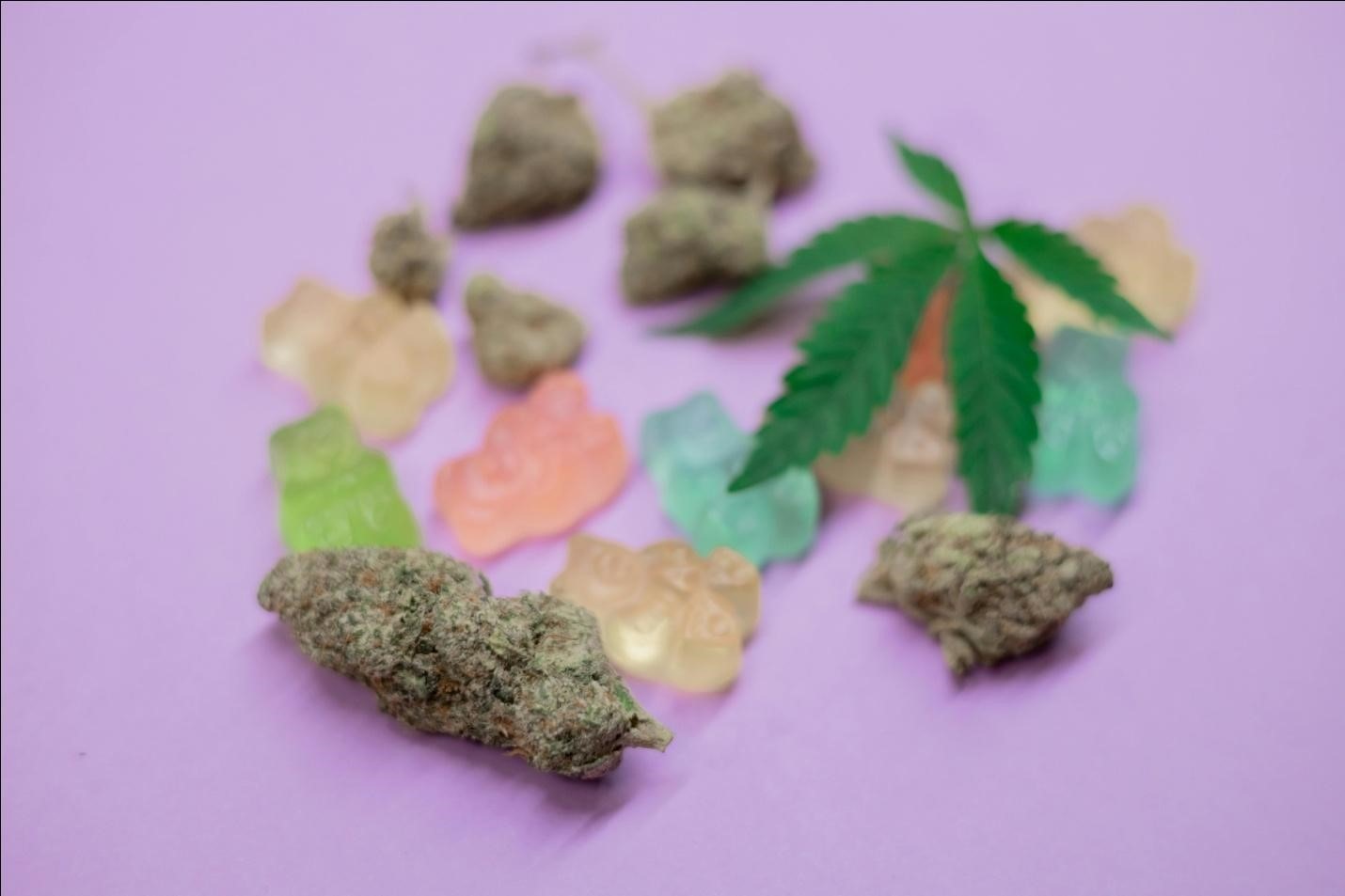
THCA vs THC: Which One Is Better?
THC and THCA represent two different forms of cannabinoids found in cannabis, with the THC being psychoactive upon activation through decarboxylation while THCA remains non-psychoactive in its raw state. Both compounds exhibit potential therapeutic benefits for users. Understanding their differences is crucial for utilizing their potential health benefits effectively.
Determining the superior cannabinoid between THCA and THC can be tricky, as every person’s body chemistry is different, and they can have differing effects from the products. Note that THC might not be suitable for everyone, particularly for individuals sensitive to its psychoactive properties.
The debate of THCA vs THC is an ongoing one, but whichever you decide to use, conducting personal research and seeking advice from a healthcare professional before prolonged use is vital. Our bodies react differently, and what proves effective for one person may not yield the same results for another. Furthermore, the legal status of these compounds varies based on geographic location, which means you need to be aware of local laws and regulations.
